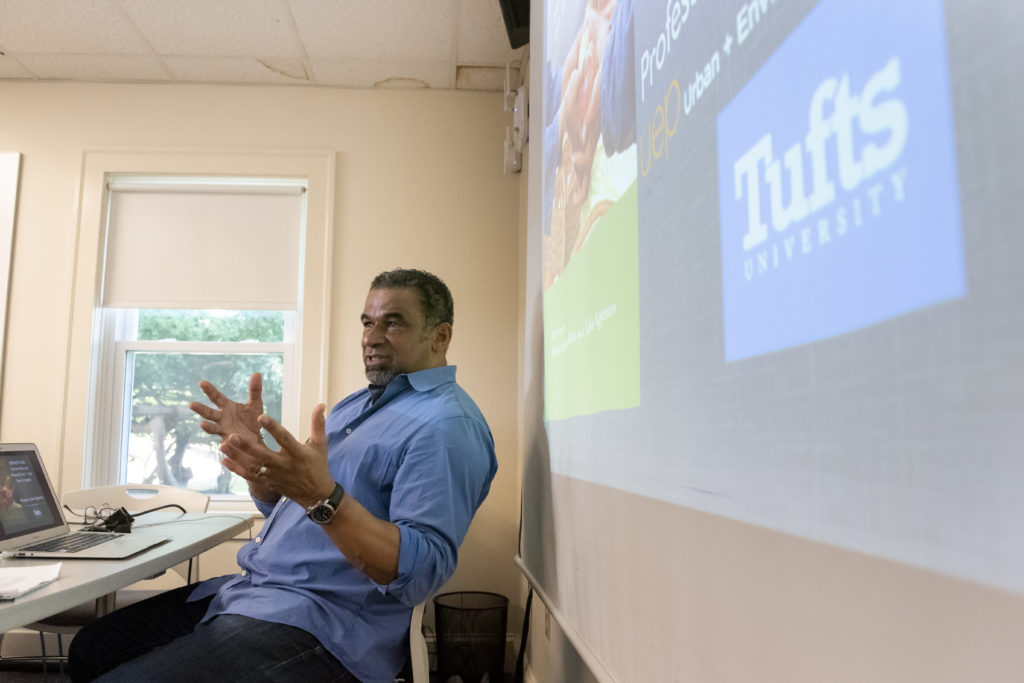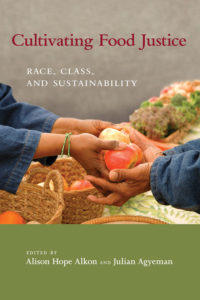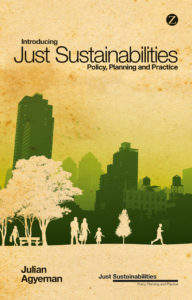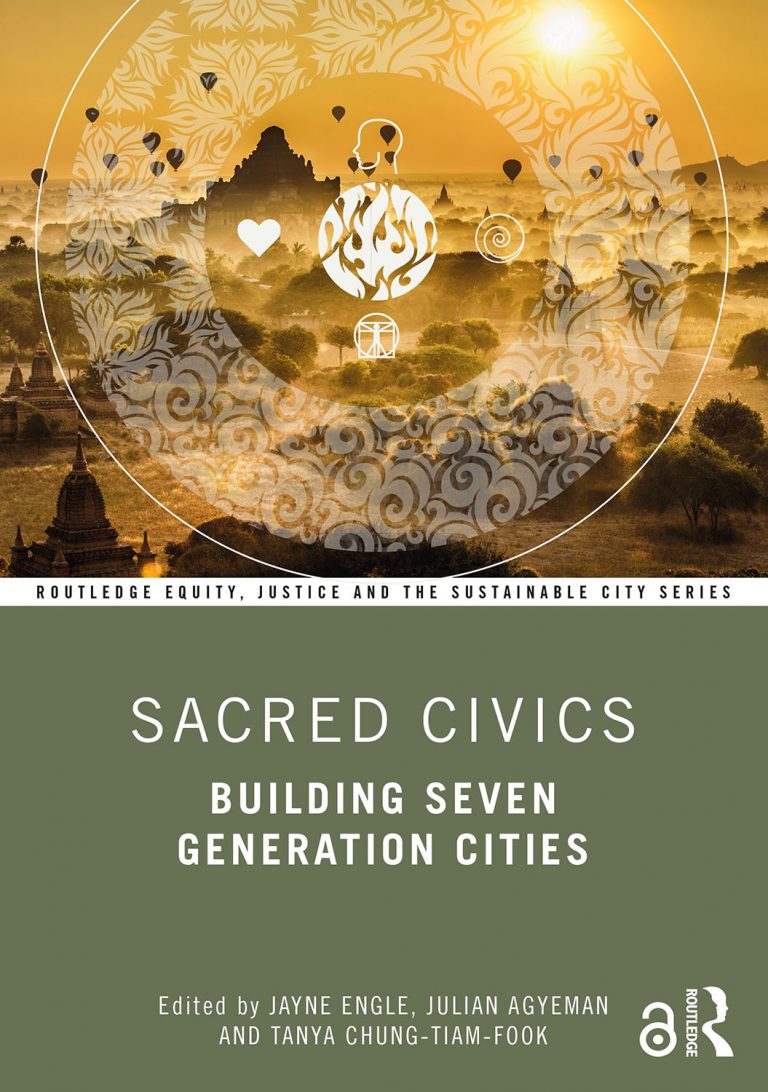Teaching & Advising

(Alonso Nichols/Tufts University)
In 2024-25, Julian will teach two graduate classes: Food Justice: Critical Approaches in Policy and Planning, and Developing Sustainable Communities. He also hires Research Assistants and advises student theses in relation to his research interests.
His classes for the 2024-25 academic year are:
UEP/NUTR 0285 Food Justice: Critical Approaches in Policy and Planning (Fall 2024)
This elective class offers students different lenses, such as critical race theory to see how the intersectionality of race, class, gender, sexuality, ability and citizenship play out in the development of systemic structural and socio-spatial inequities and injustices in food systems. It develops an understanding and contextualization of the role of food justice activism within the broader narrative of the alternative food movement and offers emerging ideas about how policymakers and planners can take a role in increasing food justice beyond the more mainstream and ultimately contested notions of what is ‘local’ and ‘sustainable.’ The course will help participants chart their role(s) in advocating for ‘just sustainability’ as a defining factor in becoming food systems planners and policymakers.
Course book:

UEP284 Developing Sustainable Communities (Spring 2025)
This elective course explores the many challenges of achieving ‘just sustainabilities’ through a critical, coherent and thought provoking overview of moves towards developing sustainable communities. The course focuses on: improving our quality of life and wellbeing; meeting the needs of both present and future generations (intra-generational and intergenerational equity); justice and equity in terms of recognition, process, procedure, and outcome; living within ecosystem limits (also called ‘one planet living’). It investigates the theories of sustainable development and the tools and techniques and in what contexts we can move towards the ecological integrity, economic security, empowerment, responsibility and social well-being characteristic of sustainable communities. Case studies are drawn from around the world.
Course book:

